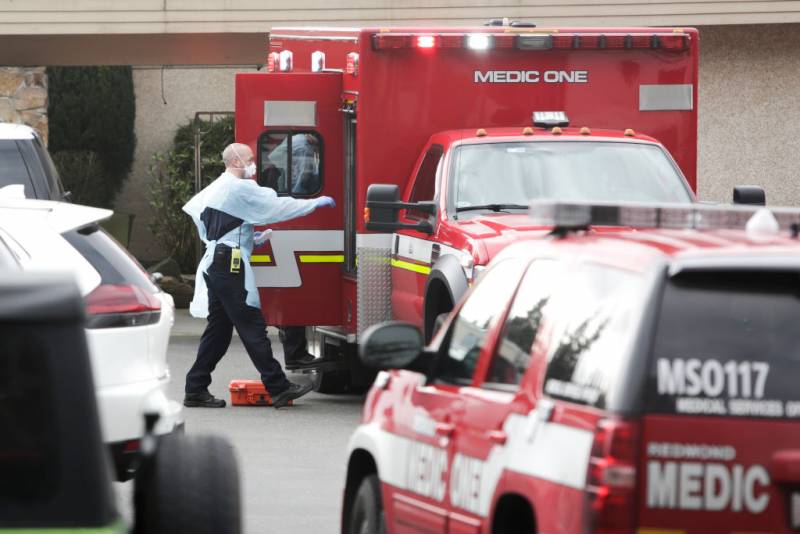Click here if you know someone in a nursing home or assisted facility…share your story!
Cases of COVID-19 are on the rise in long-term care homes around the state. Two residents have died, and five have tested positive at Atria Assisted Living in Burlingame. A patient at Silver Oaks Memory Care in Menlo Park also has the virus; so does a staffer at The Forum in Cupertino.
Hundreds of thousands of Californians live in licensed nursing homes and assisted living facilities, in close contact with other patients, residents, staffers and visitors. Under guidance from federal authorities, orders from county health officers, and directives from the governor, facilities are limiting visitors, screening staff, and preparing to accept COVID-19 patients if public officials deem it necessary.
What’s not happening are inspections: The California Department of Public Health suspended in-person visits to nursing homes over a week ago.
“We think they should be out in the facilities every day making sure that the conditions are safe for residents,” said Mike Connors, with the California Advocates for Nursing Home Reform. “They should be monitoring infection control practices. They should be checking on whether or not the facility has enough staff. And most importantly, they should be talking with the residents who’ve been shut out from everybody else.”

